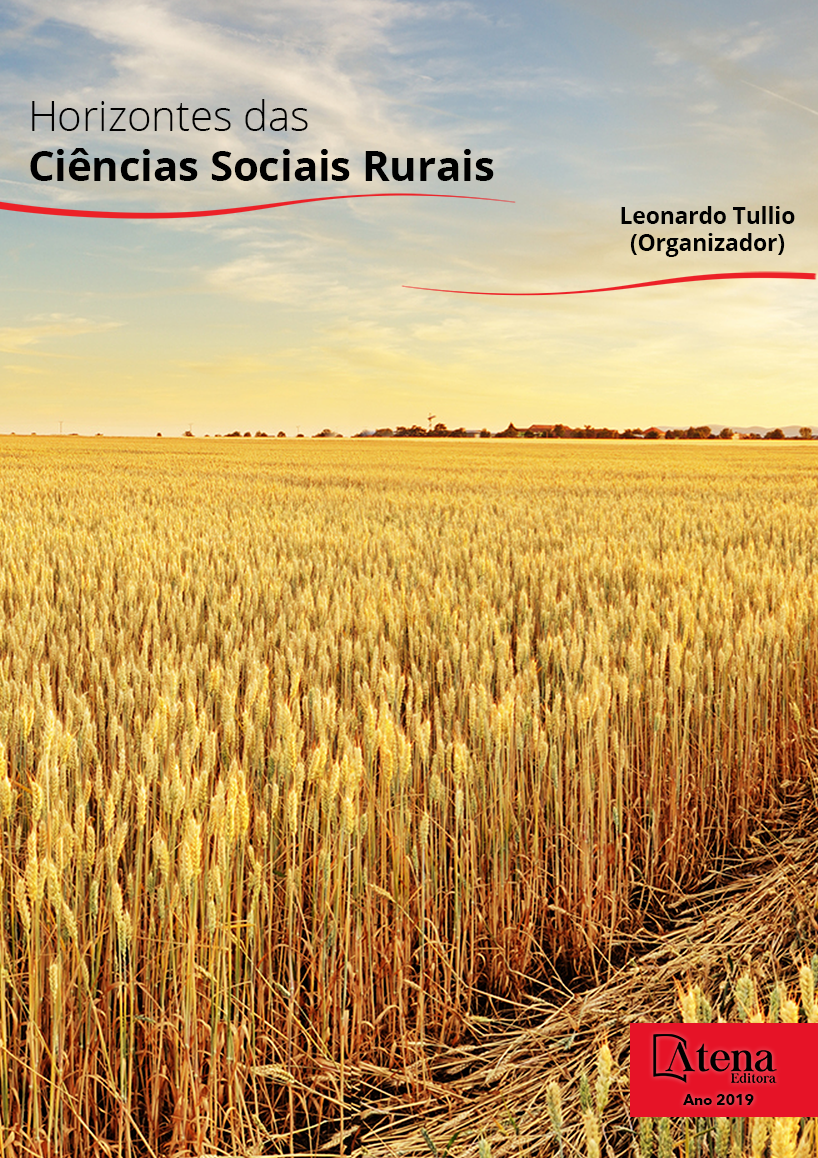
JOGOS NO 1º ANO DO ENSINO MÉDIO: APRENDENDO AS FUNÇÕES EXPONENCIAIS
A Agricultura familiar no Brasil
corresponde a 84,4% dos estabelecimentos
agropecuários, ocupa 74,4% da população
rural e apenas 24% da área agrícolas
(IBGE, 2013). O reconhecimento de suas
potencialidades demonstra que este setor não
pode ser comparado com pobreza ou atraso
tecnológico. Porém, tal segmento encontra
dificuldades quanto à disponibilidade e acesso
aos recursos terra, capital e, recentemente,
vem despontando dificuldades de sucessão na
agricultura familiar, ou seja, muitos jovens não
têm interesse em permanecer na agricultura.
Porém, os jovens são os principais responsáveis
pelo futuro do desenvolvimento rural e vários
fatores influenciam na decisão de permanência
ou não destes na agricultura, como o caso da
educação no campo. O presente trabalho tem
como objetivo demonstrar a importância da
educação (informal) no campo e para o campo
como condicionante da permanência dos jovens
na agricultura. Sendo realizada uma pesquisa
bibliográfica em que se concluiu, entre outros
fatores, que a educação infantil pode colaborar
para que as crianças e jovens se sintam
valorizados como agricultores, contribuindo na
decisão de permanência no meio rural.
JOGOS NO 1º ANO DO ENSINO MÉDIO: APRENDENDO AS FUNÇÕES EXPONENCIAIS
-
DOI: 10.22533/at.ed.0542017021
-
Palavras-chave: Sucessão familiar, agricultura familiar, educação.
-
Keywords: Family succession, family farming, education.
-
Abstract:
Family Agriculture in Brazil
corresponds to 84.4% of farms, occupies 74.4%
of the rural population and only 24% of the
agricultural area (IBGE, 2013). The recognition
of its potential shows that this sector can not
be compared with poverty and technological
backwardness. However, this segment faces
difficulties regarding the availability and access
to land resources, capital and recently has been
emerging succession of difficulties in family
farming, that is, many young people have no
interest in staying in agriculture. However,
young people are the main responsible for the
future of rural development and various factors
influence the length of decision whether or not
those in agriculture, as in the case of education
in the field. This study aims to demonstrate the
importance of education (informal) in the field
and for the field as a condition of permanence
of young people in agriculture. a bibliographic
research which concluded being held, among
other things, that early childhood education can contribute to children and young people
feel valued as farmers, contributing to the permanence of decision in the countryside.
-
Número de páginas: 9
- Adriana Aparecida Molina Gomes
- Hyanka Cezário de Paula
- Emiliana Batista de Oliveira


